Mongol Moon by Mark Sibley
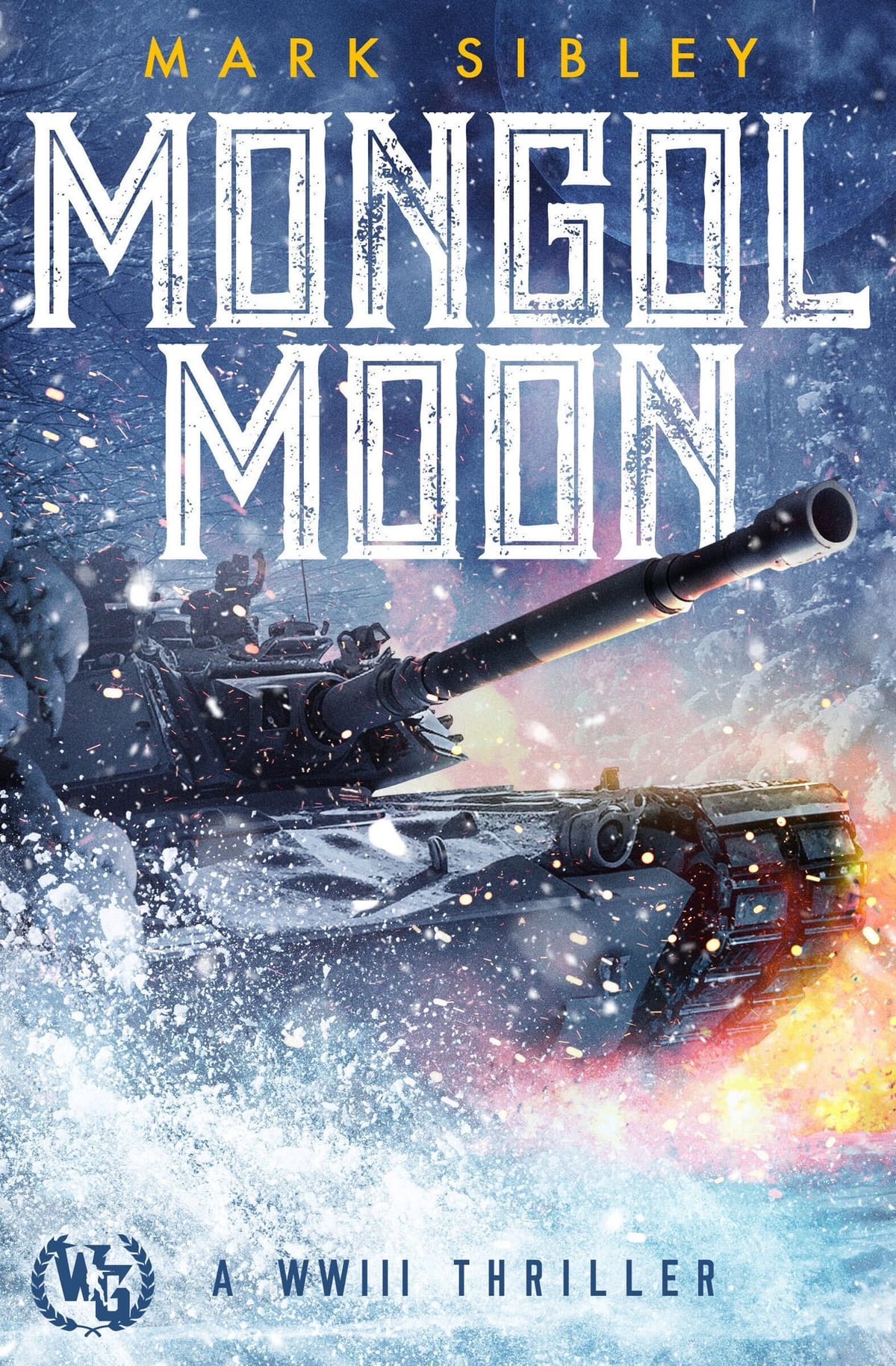
Mongol Moon by Mark Sibley is a throwback to my youth, when Tom Clancy was one of the most popular authors in the world and you could see people toting massive tomes with Clancy's name emblazoned on the cover everywhere.
Clancy got his start in technologically detailed spy novels, but over time his books shifted into grander political questions, without ever quite leaving behind the original emphasis on the details of spycraft and militaria.
So, if like me, you think Tom Clancy books are a lot of fun, you will likely think that Sibley's Mongol Moon is too, as it hews closely to Clancy's model of some sort of globe-spanning military conflict involving a broad cast that will assuredly include operators operating, spies spying, and an assortment of ordinary people caught up in events much bigger than themselves.
For those who are perhaps as of yet unconvinced that this kind of thing is worth a read, let's delve a little more deeply into what makes a thriller and how well Sibley has crafted this book.
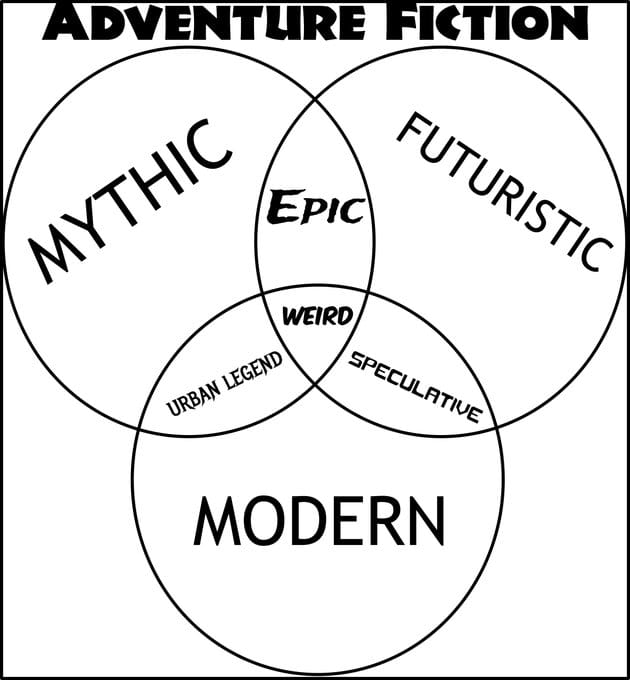
If we take the point of view that books can be broadly categorized by what emotion they elicit in the reader, then what makes a thriller a thriller is that it produces suspense. I consider thrillers to be a kind of adventure fiction, and the center of gravity of the kind of story typically called a thriller is found in a modern and realistic mode. You can of course have mythic or futuristic elements in a thriller, but most of them are solidly within the low mimetic mode, meaning they are told in a contemporary setting with the main characters being ordinary people.
While the characters in a thriller are often ordinary, or mostly ordinary, the stakes can be big. Since the Cold War is now long over, Sibley has turned to the current political opponents of the United States, China, Russia, North Korea, and Iran to serve as global antagonists. I don't think I'm spoiling anything to say that the background in which everything is situated here is global war.
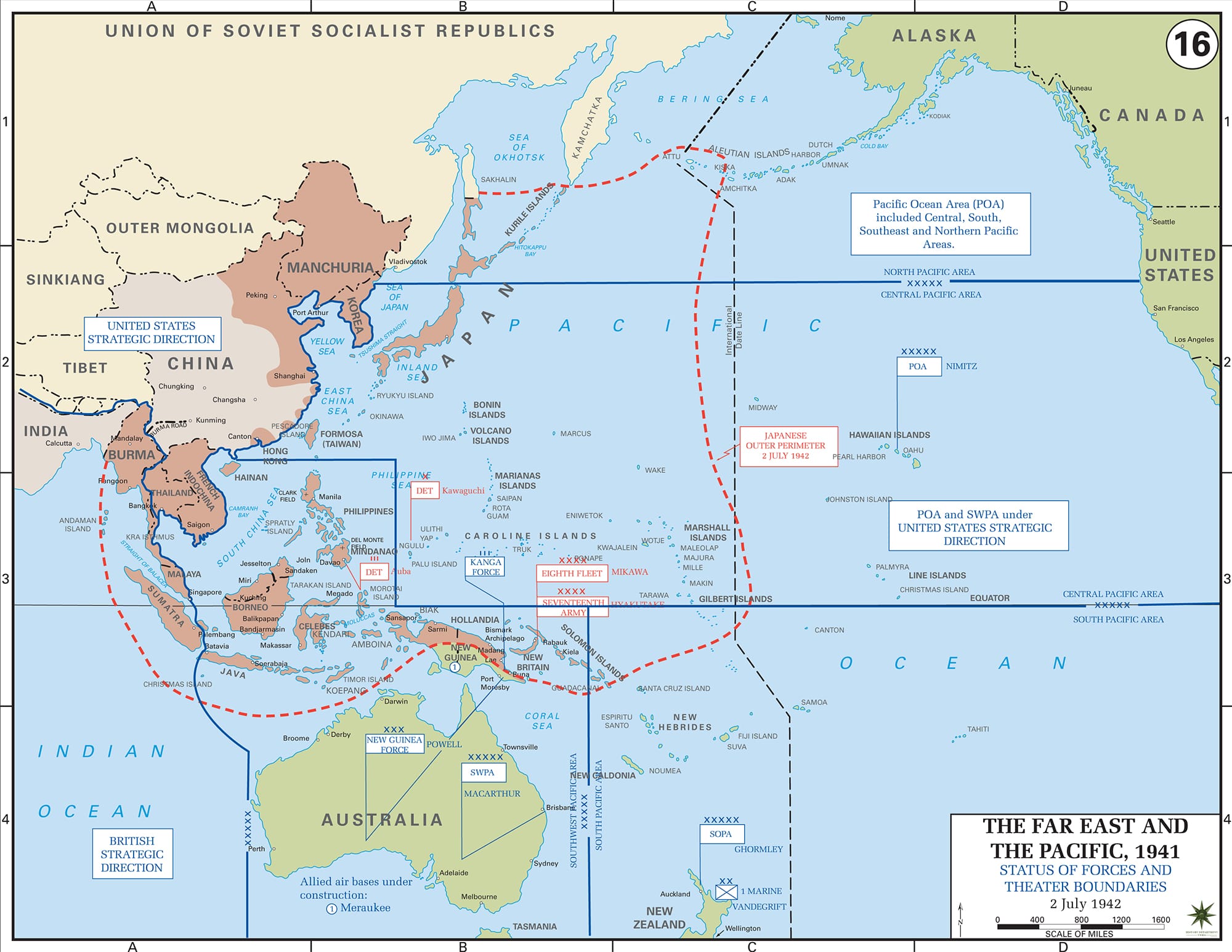
But, for a book like this, there is a problem. You can spend a lifetime studying the Second World War, with its many theatres of action, complicated logistics, and grand politics. You can't really put all of that into a narrative that fits in a single book. So the task is to make a human-sized story embedded within a larger-than-life background.
Sibley has selected a traditional conceit for this: all of the characters have some connection to a specific suburb of Washington D.C., which serves as an organizing feature for the plot. Given the way in which the Imperial Capital attracts a truly unusual mix of Deep Staters, diplomats, refugees, and spies [but I repeat myself], there is at least a fig leaf of plausibility behind bringing together Sibley's international cast in that place.
It is an artifice for the sake of the story, but that is just how this kind of thing is done. Once you accept the convention, then it becomes a vehicle for us seeing more of the world than we otherwise might be able to. And since we are in the midst of a global conflict, wild and crazy stuff is happening everywhere.
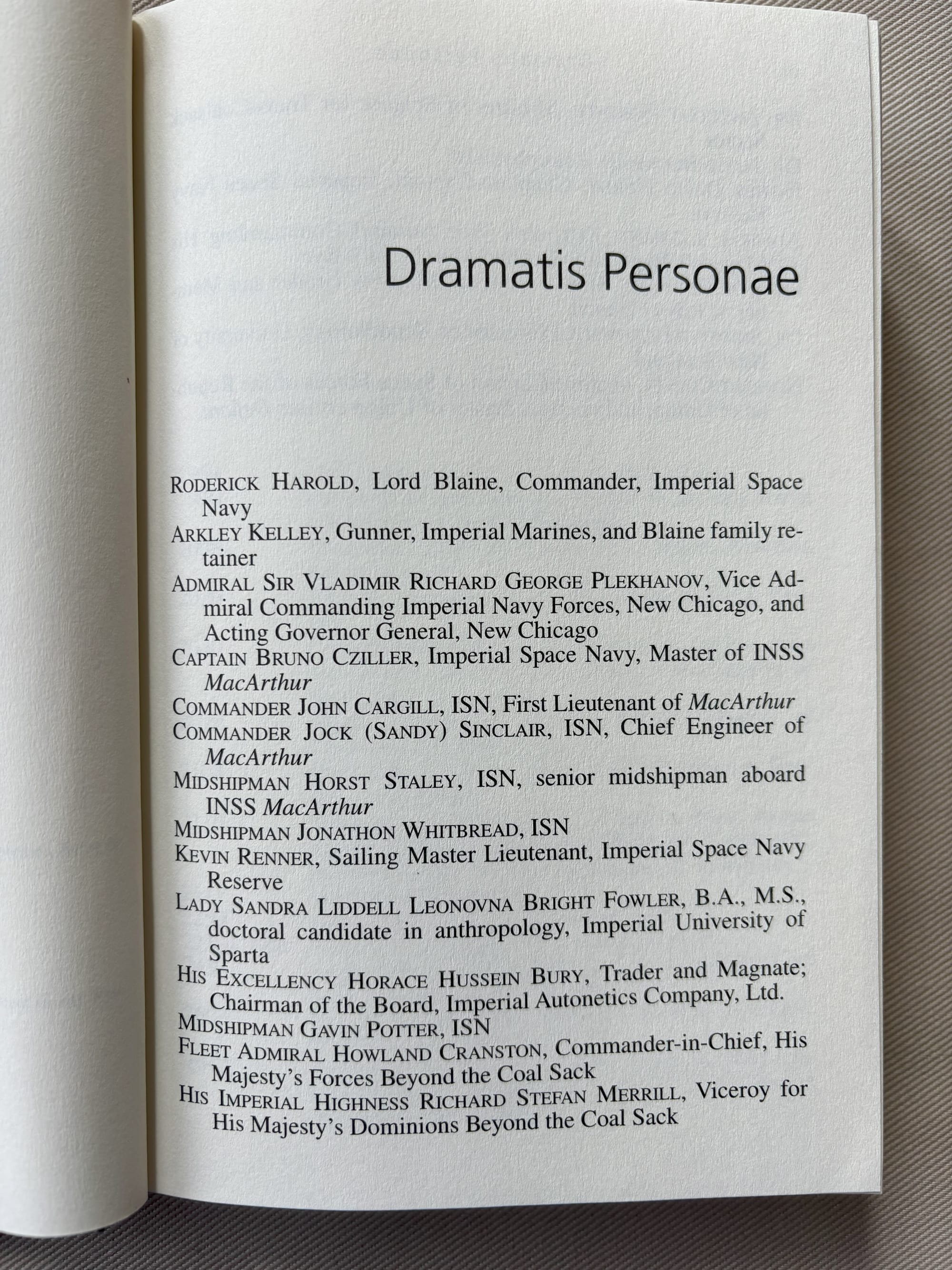
One convention of books like this that I miss is the list of Dramatis Personae that you used to find in the endpapers. There are enough characters here that I would have liked to be able to remind myself of who someone is along with a short description of how they fit in or who they are related to.
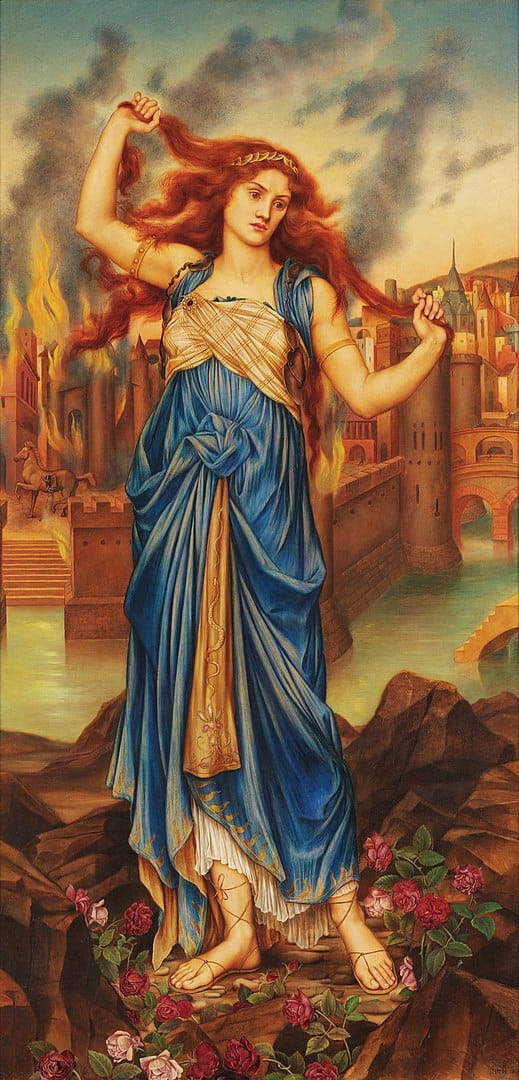
If we turn from the internal fiction of characters and plot to the external fiction of theme, Mongol Moon feels Cassandra-like. The theme seems to be one of a warning doomed to be ignored, a sense that horrors such as these can only come into being through dereliction of duty and a sense of complacency.
The narrative itself is to some degree opposed to this theme, as a thriller of this type usually results in at least some of the bad guys getting dead at the hands of the quietly competent servants of empire. And that does happen here, but for any of this to even happen, there must also be a fundamental weakness or rottenness at the heart of the empire that allows these events to occur.
In this case, there are hints of divine judgment, of the mighty being brought low, but they are muted, occulted behind power politics, revenge, and a world that is perhaps too far gone for the end result to be much more than a tragedy for everyone. So while we will have ordinary people triumphing over the terrible circumstances into which they have been thrust, the terrible circumstances remain, and are perhaps too grave to be entirely overcome.
For that, I think we will have to turn to the sequel, A Dance of Devils, which may allow us to see where things go from here. Mongol Moon brought our cast together, now what are they going to do?
Buy Mongol Moon from Amazon as an ebook
Buy Mongol Moon from Audible as an audiobook
Buy Mongol Moon from WarGate store as a paperback
With Both Hands Classics | My other book reviews | Reading Log
Mini-reviews
Comments ()